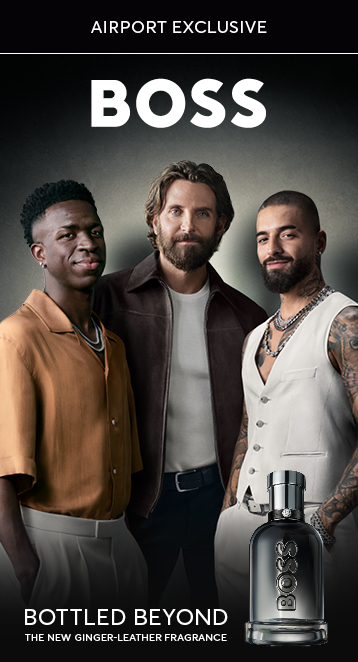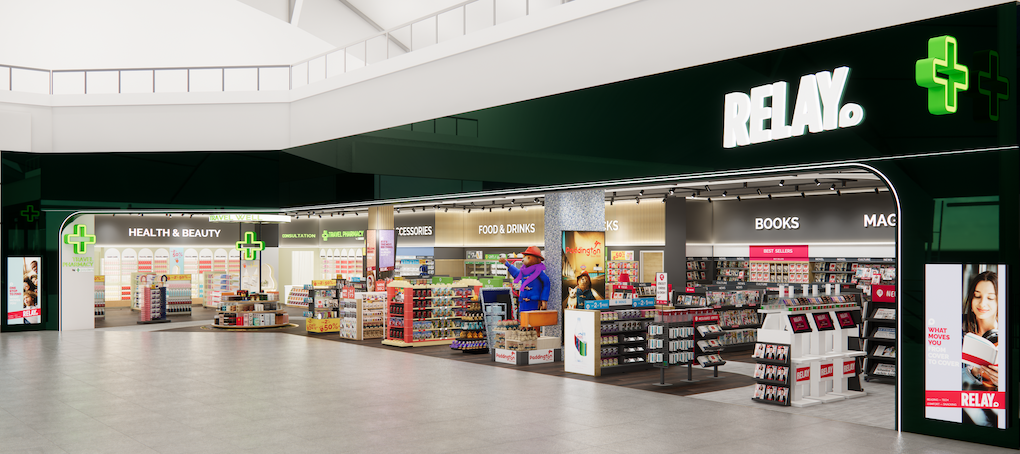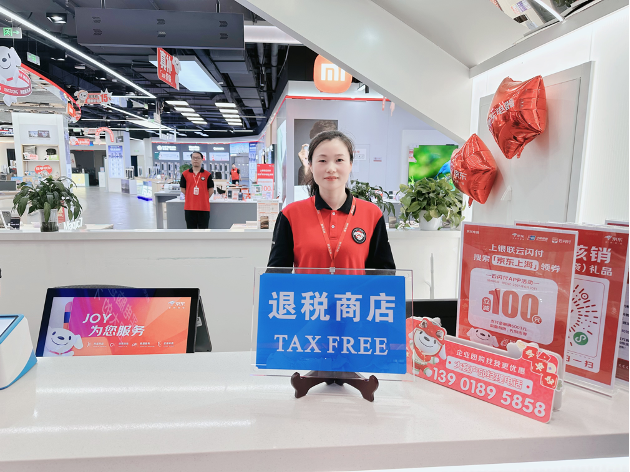UK/INTERNATIONAL. Travel retailers that are doing nothing to accommodate the disabled are not only failing in their corporate responsibility duty but are potentially closing the door on millions of potential customers and the ‘Purple Pound’ they spend. Space may be at a premium, but there are other ways to help.
Carole Hughes, from Liverpool in the UK, shops regularly at large supermarkets and department stores around her home city.
There’s nothing remarkable about that, but for Carole, it’s more of a challenge. She was born with spina bifida and has been using a wheelchair since 2015.
She explains: “I often have problems getting around stores and supermarkets, either because the aisles are too narrow or there are items blocking the way. It can be a challenge to find staff who are willing to help – sometimes I’m made to feel like a nuisance when I ask for basic assistance.
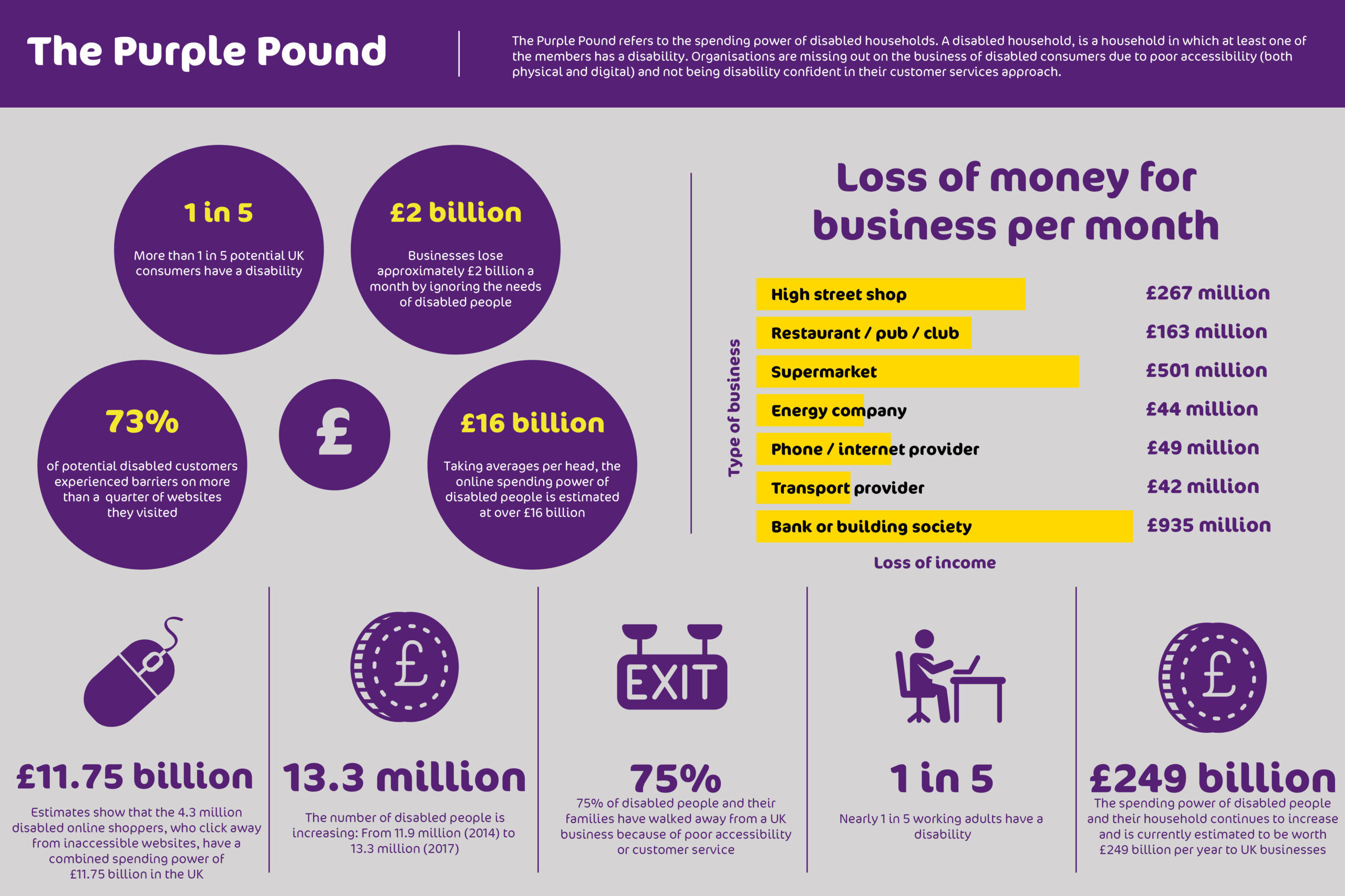
“There needs to be more consistency with staff training. Other things like making more doors open automatically and locating accessible parking spaces close to store entrances also make a huge difference to wheelchair users.’’
Carole is by no means an isolated case. More than 13 million people in the UK – a fifth of the population – are disabled and a new poll of people who consider themselves disabled has found that more than half struggle to buy a product/service due to their disability. Multiple that number manyfold around the world and the extent of the missed travel retail opportunity is evident.
Disabled young people, aged 16 to 24, fare the worst, with more than three-quarters of respondents saying they’ve found it difficult to buy goods online or in person due to their disability on more than one occasion.
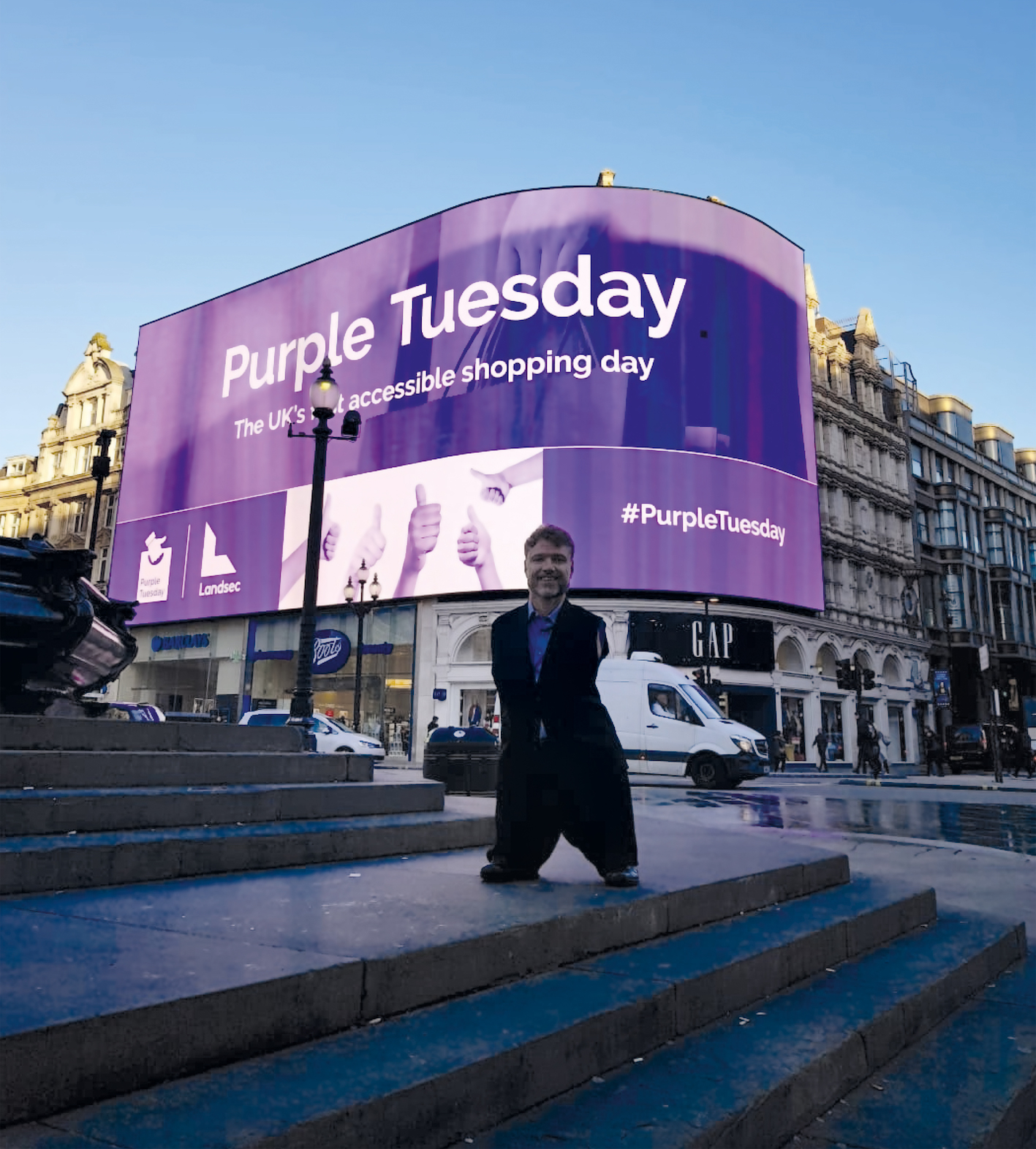
Some four out of five disabled customers say businesses could do more to be accessible and more than half (56%) agreed that improving staff understanding about different disabilities would encourage them to spend more. Separate research has shown that three quarters of disabled people have had to leave a store or website, unable to go through with their purchase because of their disability.
However, respondents state that retail is the most accessible business, followed by banking and hospitality/leisure/restaurants.
“It is estimated that the purple pound – the collective spending power of disabled people and their families – is worth £2.25 trillion (US$2.81 trillion) worldwide, but on average only 10% of organisations have a plan in place to access this market”
More than one in five said that hiring more disabled people would make them more likely to make a purchase and some stated that “wider aisles” or “lighter doors” would have the same effect. The findings support previous research, which shows that less than 10% of organisations have a dedicated strategy for targeting disabled customers.
Any retailers who regard making themselves more accessible to disabled people purely in terms of a cost are neglecting a huge sales opportunity. In the UK alone, the disposable income of disabled people is estimated to be £249 billion (US$311 billion) a year. Disabled people say they spend on average £163 (US$203.56) on retail per month, £98 (US$122.39) on travel, £69 (US$86.17) on insurance, £78 (US$97.41) on hospitality, such as at restaurants or on leisure activities, and £19 (US$23.73) on gym or health activities.
This opportunity is being spotlighted for businesses and organisations in the weeks leading up to ‘Purple Tuesday’ on 12 November, a day which celebrates UK companies that are improving the customer experience for disabled shoppers. Major names taking part include Sainsbury’s and Intu.
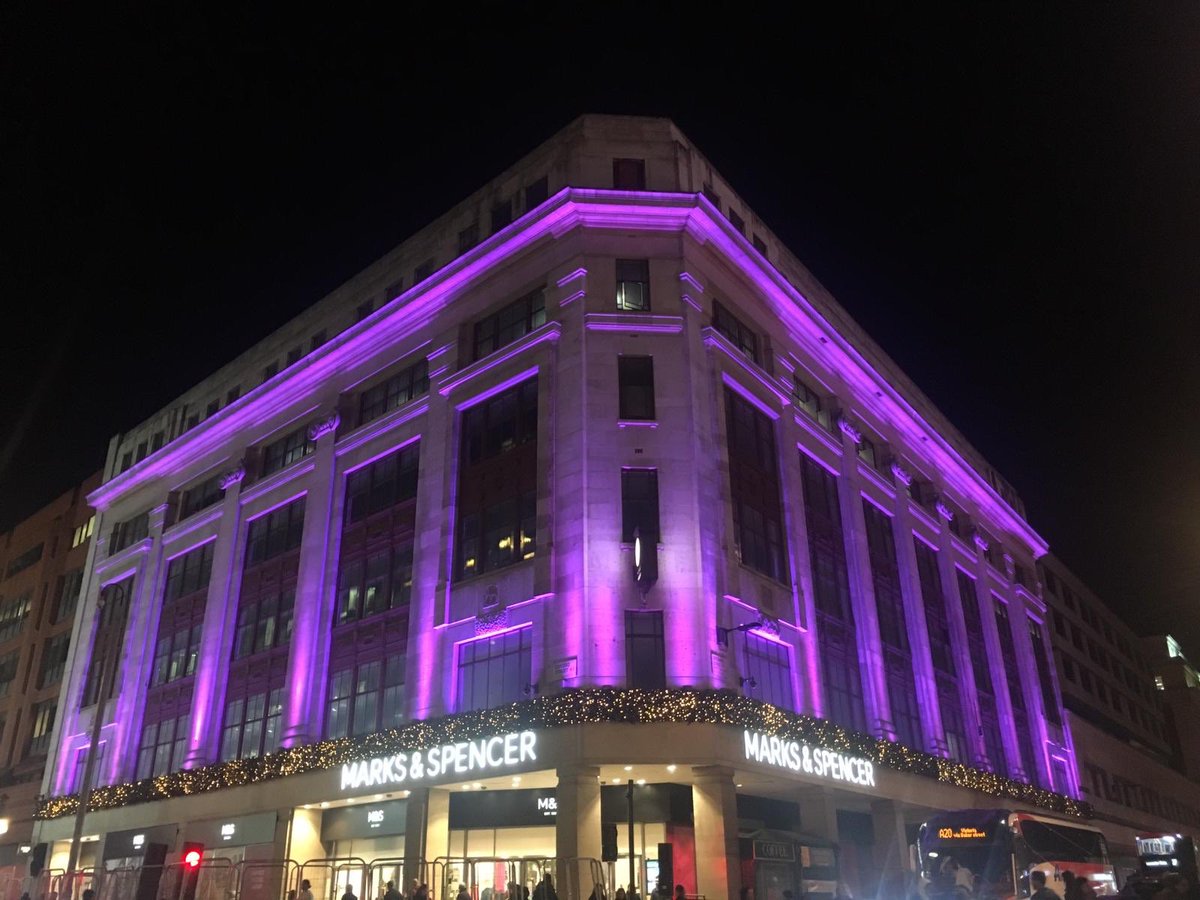
Last year, which was the first Purple Tuesday, more than 750 organisations took part, pledging 1,500 commitments to improve disabled people’s customer experiences. They included some of the biggest UK high street brands, including Argos, Asda, Barclays and Sainsbury’s.
In an open letter, Mike Adams, Chief Executive of Purple, the disability organisation behind Purple Tuesday and Stephen Brookes, Rail Sector Champion for the Minister for Disabled People, point to the potential for business.
They write: “There is great commercial value to be gained from taking part in this initiative. It is estimated that the purple pound – the collective spending power of disabled people and their families – is worth £2.25 trillion (US$2.81 trillion) worldwide, but on average only 10% of organisations have a plan in place to access this market. This provides a huge opportunity for you to grow your customer base of disabled people and their families.

“In addition to making the commitments to your disabled customers, we would ask you to please promote Purple Tuesday to your colleagues and customers and get involved on social media where possible. There will be the opportunity to purchase Purple Tuesday merchandise to get your stores/branches offices involved and turn your organisation Purple on the day.’’
Mike Adams argues that while many UK businesses and organisations are stepping up to the mark and making the changes needed to improve disabled customers’ experiences, far too many are not.
He adds: “This is a huge mistake, not least because by turning their backs on disabled shoppers, they are losing out on millions of pounds of revenue every year. It should simply not be the case that one in two disabled people struggle to make purchases online or in person. Small changes can make a big difference to the customer experience; we want to help organisations have the confidence to improve their services for disabled people.”
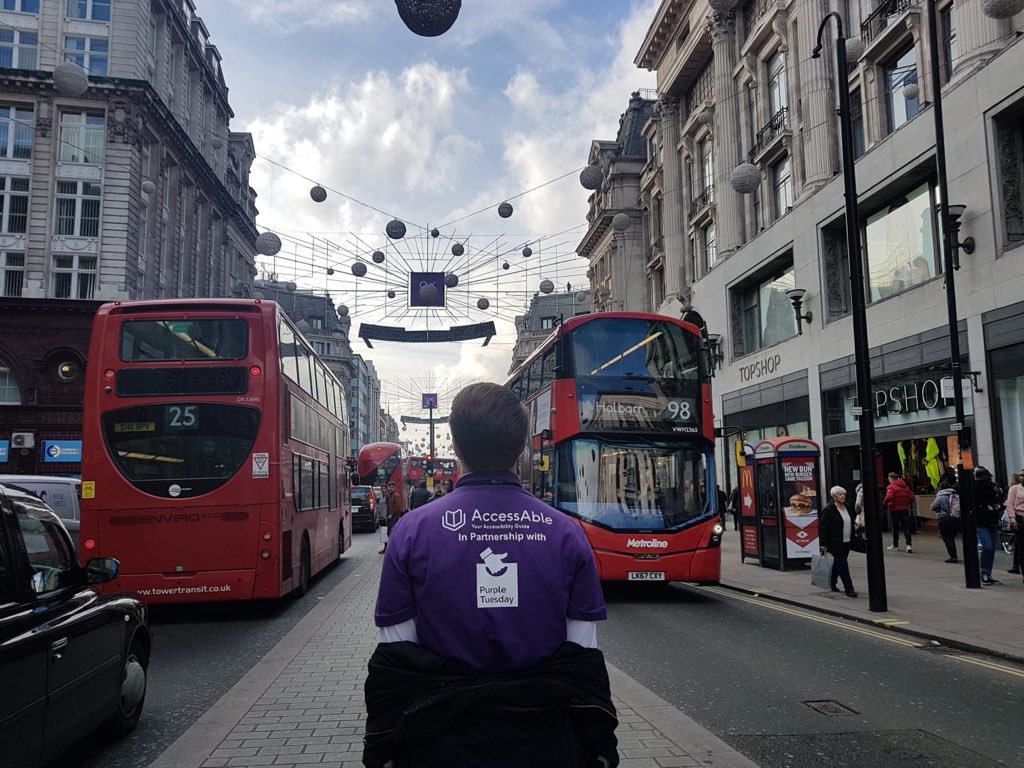
Organisations that register for Purple Tuesday will receive free resources from Purple on topics such as website accessibility and customer service training. In exchange, Purple asks that business make a minimum of one commitment to improve the customer experience for disabled people.
These commitments might be major transformations or simple, smaller steps that can improve the experience of disabled customers. Examples include conducting an audit of an organisation’s website to ensure it’s accessible, or staff training to help them communicate effectively with disabled consumers.
The open letter adds: “It is important to highlight that we are not expecting Purple Tuesday participants to become fully disability friendly overnight. We simply want to raise awareness of the ethical and commercial value to all organisations. By each organisation making a small change, collectively, this is one huge step in the right direction, and we can grow knowledge, understanding and practice year on year.’’
This gets a ringing endorsement from Carole Hughes.
She says: “I’d urge all organisations to sign up to Purple Tuesday and make sure they are providing a better shopping experience to their disabled customers.”




